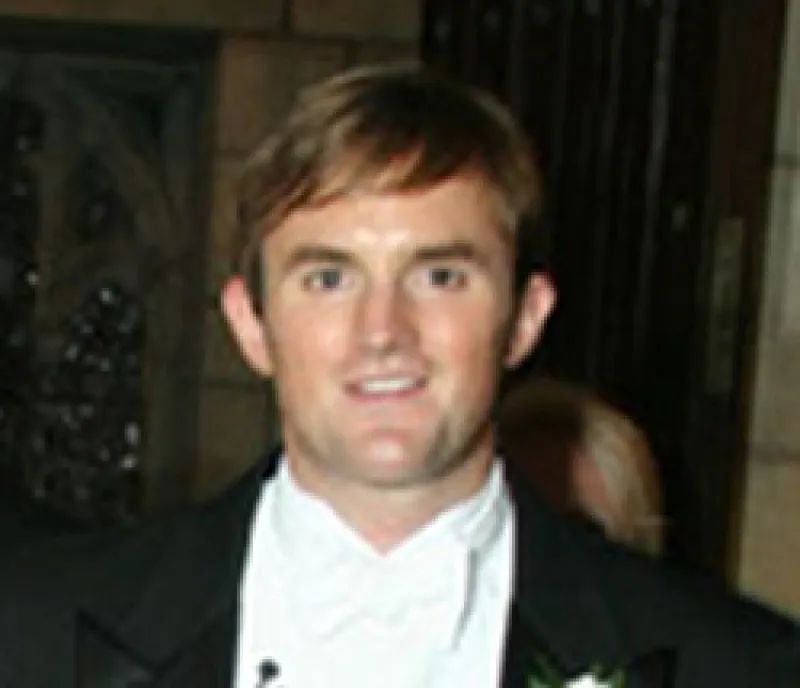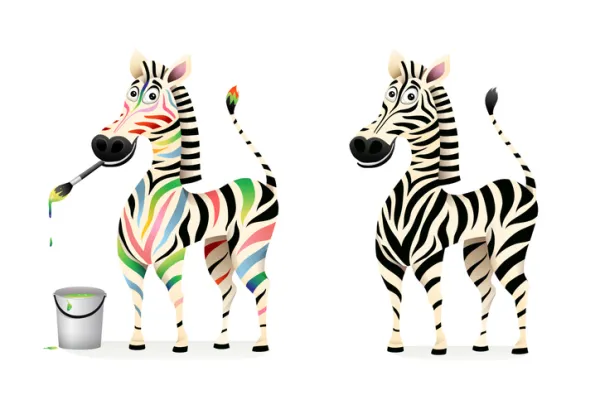It is a bloodbath out there. A large number of hedge funds this year are in the red and many are down by double-digit rates.
But one group with a related bloodline that seems to be holding its own are managers with some sort of connection to Julian Robertson’s Tiger Management. Several so-called Tiger Cubs or seeds are actually in the black this year while a number of others are down less than the broad market indices.
This is quite a feat since most Tiger-ites are long-short equity specialists who are more directly tied to the fortunes of the global stock markets than the macro players who are doing fairly well this year - thanks in part to strong gains for gold (until recently), other commodities, some currencies and the big rally in fixed income.
Of course, the top Tiger performer is Chase Coleman’s Tiger Global, something we have reported several times this year.
Although he lost 3.8 percent in September, he is still up an astounding 39.5 percent for the year. As we previously noted, Coleman is heavily betting on internet companies, both public and private.
He is not the only Tiger-related manager making money this year. Two others are in the black, although very slightly.
O Andreas Halvorsen’s Viking Capital, for example, was up 0.70 percent through September 30. The Norwegian native and one-time platoon commander in that country’s naval SEALs was a senior managing director and the director of equities at Tiger. He currently manages $13.5 billion for the long-short equity firm.
London-based Tosca, a long-short equity fund founded by Martin Hughes and Johnny de la Hey, is flat for the year. The pair found Tosca in 2000 when they left Tiger Management Europe.
Other Tiger Cubs are losing money but not as badly as the overall market.
For example, the hedge funds of Stephen Mandel Jr.’s Lone Pine Capital were down between 3 percent 4 percent through September 30 and are now down about 1 percent through September. The long-short equity specialist is roughly 50 percent net long.
Those familiar with his results say his longs are up more than the market and his shorts are down more than the market. As of June 30, his hedge funds had about $8 billion under management. Mandel also has a long-only fund and a fund of funds.
According to published reports, Mandel told clients in his second-quarter letter he has two major concerns: the Euro and China’s bad debt. “The European Union (EU) is a structurally flawed concept and the euro is therefore doomed,” he reportedly told clients. He also said China has massive amounts of unrecognized bad debt that will ultimately lead to a crisis. At the end of the second quarter, his firm’s five largest holdings were: Apple, Dollar General, Goodrich, Polo Ralph Lauren and Cognizant Tech Solutions.
His largest new position was Google, which subsequently became an activist target for Dan Loeb’s Third Point.
The worst Tiger performer this year seems to be Lee Ainslie’s Maverick fund, which was down about 17 percent through the first three quarters. It is not clear why he is down so much. Like Mandel, Ainslie’s largest holding at the end of the second quarter was Apple. Other top-five holdings include Marvell Technology Group, Apollo Group, Qualcomm and Pfizer. Although Apple was up more than 11 percent in the quarter and Marvell was roughly flat, Apollo was down 12 percent, Qualcomm 14 percent and Pfizer 15 percent.
Other Tiger-related funds and their performance through September 30: Healthcor, down 5.5 percent; Joho, down 6.58 percent; Samlyn, down 10 percent; TigerShark, down 11.7 percent.







